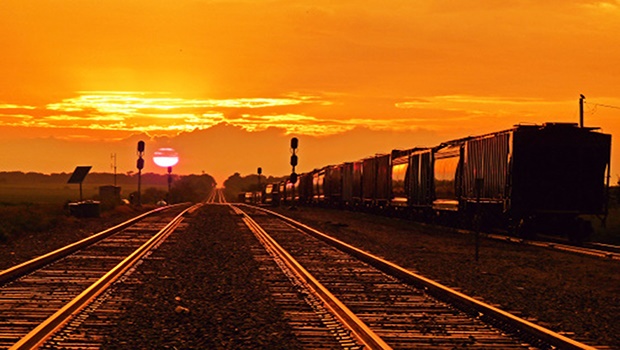
Germany will trial a new hydrogen-powered train, its state-owned rail company said Monday, signalling a transition away from gas-guzzling diesel engines as it aims for a carbon-neutral future.
Developed with German industrial giant Siemens, Deutsche Bahn said it will build a newly developed train and a "gas station" for 2024 that will for the first time fuel hydrogen trains in just 15 minutes - as fast as conventional diesel engines.
"The fact that we... will refuel the train as quickly as a diesel train shows that the climate-friendly transport transition is possible," said Sabina Jeschke, a member of Deutsche Bahn's board.
The national rail company intends to reduce carbon emissions to zero by 2050, meaning 1 300 diesel units will have to be replaced.
"We have to bring fossil fuel consumption to zero... Then we will not run a single vehicle with conventional diesel," Jeschke added.
Around 39% of the German network has no overhead power lines, where trains require their own onboard fuel - such as diesel - to run.
A one-year trial run of the renewable-energy powered train is planned in the Tuebingen area of southern Germany, based on a range of 600 kilometres.
The Siemens train will save around 330 tonnes of CO2 a year, Deutsche Bahn said, and have a top speed of 160 kilometres an hour.
Siemens remains well behind its perennial French rival Alstom when it comes to hydrogen trains.
Alstom rolled out the world's first hydrogen-powered train in the northern German state of Lower Saxony in 2018, running a 100-kilometre route previously served by diesel trains.
The TGV-maker has since received 41 orders from Germany for its Coradia iLint train, which also began service in Austria in September.
Hydrogen engines work through a reaction of hydrogen and oxygen to create electricity, leaving only steam and water as byproducts.
As part of the country's coronavirus stimulus package, Berlin announced a nine-billion-euro ($11-billion) fund to develop the role of green hydrogen and with the aim of ending the use of coal by 2038.
